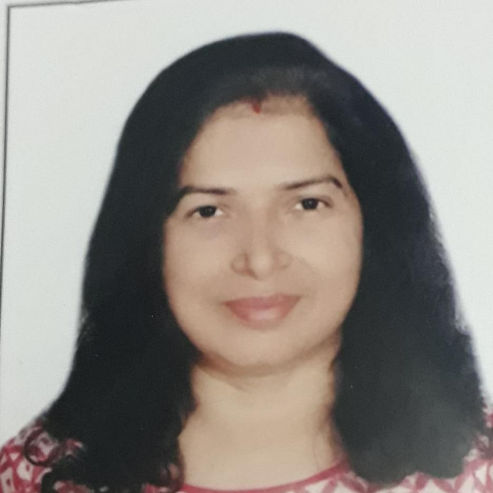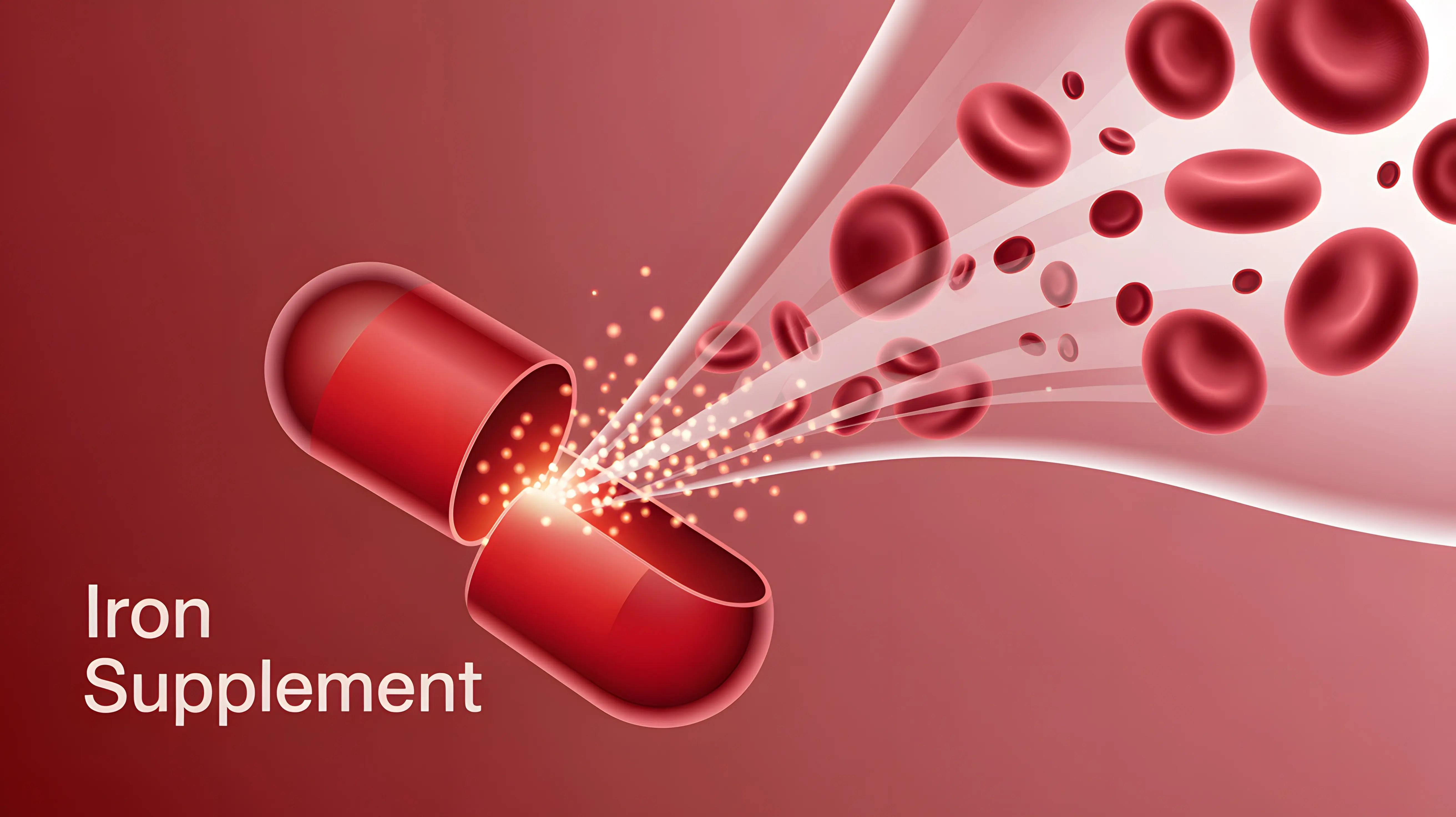Calculating EDD Using LMP
Use our simple and accurate EDD calculator to determine your estimated due date based on the first day of your last menstrual period (LMP). Get your due date now!

Written by
Last updated on 29th Aug, 2025
Congratulations on your pregnancy! One of the first things you’ll want to know is your Expected Due Date (EDD)—the day you can expect to welcome your little one. While babies often arrive on their own schedule, calculating your EDD helps you and your doctor monitor your pregnancy and prepare for delivery.
The most common method to estimate your due date is by using your Last Menstrual Period (LMP). Let’s break it down in a simple, easy to understand way.
How is EDD Calculated Using LMP?
1. The Basic Formula
Doctors use a simple rule called Naegele’s Rule to estimate your due date:
- Step 1: Note the first day of your last menstrual period (LMP).
- Step 2: Add 7 days to that date.
- Step 3: Subtract 3 months from the resulting date.
Example:
If your LMP was June 10, 2024:
- Add 7 days → June 17, 2024
- Subtract 3 months → March 17, 2025
- Your EDD would be March 17, 2025.
- This method assumes a 28 day menstrual cycle and ovulation around day 14.
2. What If My Cycle Isn’t 28 Days?
- If your cycle is longer or shorter than 28 days, adjustments may be needed:
- Longer cycles (e.g., 35 days): Ovulation likely occurs later, so your due date may be adjusted.
- Shorter cycles (e.g., 21 days): Ovulation happens earlier, which may slightly shift your EDD.
- Your doctor can help finetune the calculation based on your cycle length.
3. Why is LMP Used Instead of a Conception Date?
- Most women don’t know their exact conception date, but they usually remember their last period.
- Sperm can live in the body for up to 5 days, so conception may not happen on the same day as intercourse.
Consult an Gynecologist
How Accurate is the LMP Method?
The LMP method gives a good estimate, but only about 5% of women deliver on their exact due date.
Babies born between 37 and 42 weeks are considered full term.
An ultrasound scan in the first trimester (especially between 812 weeks) provides a more precise due date by measuring the baby’s size.
What If I Don’t Remember My LMP?
No worries! If you’re unsure about your last period, your doctor can determine your due date using:
- Early pregnancy ultrasound (most accurate in the first trimester).
- Fundal height measurement (later in pregnancy).
- Date of ovulation (if tracked using fertility apps or tests).
Tips for a Healthy Pregnancy Journey
While waiting for your little one, here are some ways to stay healthy:
1. Prenatal Care
- Schedule your first prenatal visit as soon as possible.
- Regular checkups help monitor your baby’s growth and detect any concerns early.
2. Nutrition & Hydration
- Eat a balanced diet rich in folic acid, iron, calcium, and protein.
- Stay hydrated—aim for 810 glasses of water daily.
- Avoid raw fish, unpasteurized dairy, and excessive caffeine.
3. Exercise & Rest
- Engage in gentle exercises like walking, prenatal yoga, or swimming.
- Get adequate sleep—your body is working hard!
4. Track Your Pregnancy
- Use a pregnancy app to follow your baby’s development week by week.
- Keep a journal of symptoms, questions, and milestones.
When to Call Your Doctor?
- Severe nausea/vomiting
- Bleeding or unusual discharge
- Severe headaches or swelling
- Decreased fetal movement (in later pregnancy)
Need Help Calculating Your Due Date?
If you’re unsure about your LMP or want a more accurate estimate, Apollo 24|7 makes it easy to:
- Consult an obstetrician online
- Schedule an ultrasound
- Get personalized pregnancy guidance
- Simply download the Apollo 24|7 app or visit the website to book a consultation.
Final Thoughts
Your due date is an exciting milestone, but remember—every pregnancy is unique! Whether your baby arrives a little early or late, what matters most is a healthy mom and baby.
- Wishing you a smooth and joyful pregnancy journey!
- Would you like help tracking your pregnancy week by wee
Consult an Gynecologist
Consult an Gynecologist

Dr. Mona Yadav
Obstetrician and Gynaecologist
19 Years • MBBS, MD (Obstetrics & Gynaecology)
Dombivli
Nulife multispeciality, Dombivli

Dr. Parul Sharma
Obstetrician and Gynaecologist
8 Years • MBBS, MS (Obstetrics & Gynaecology)
New Delhi
THE DOCTORS NESST, New Delhi
Dr. K Anusha
Obstetrician and Gynaecologist
4 Years • MBBS, DGO
Yemmiganur
SRINIVASAA HOSPITAL, Yemmiganur

Dr. Asha Rani Singh
Obstetrician and Gynaecologist
24 Years • MBBS DGO
Delhi
Dr Asha Rani Singh Clinic, Delhi

Dr. Shyamala Devi
Obstetrician and Gynaecologist
38 Years • MBBS, MS Obstetrics & Gynaecology
Vijayawada
Sri Shivshakti Nilayam, Vijayawada
Consult an Gynecologist

Dr. Mona Yadav
Obstetrician and Gynaecologist
19 Years • MBBS, MD (Obstetrics & Gynaecology)
Dombivli
Nulife multispeciality, Dombivli

Dr. Parul Sharma
Obstetrician and Gynaecologist
8 Years • MBBS, MS (Obstetrics & Gynaecology)
New Delhi
THE DOCTORS NESST, New Delhi
Dr. K Anusha
Obstetrician and Gynaecologist
4 Years • MBBS, DGO
Yemmiganur
SRINIVASAA HOSPITAL, Yemmiganur

Dr. Asha Rani Singh
Obstetrician and Gynaecologist
24 Years • MBBS DGO
Delhi
Dr Asha Rani Singh Clinic, Delhi

Dr. Shyamala Devi
Obstetrician and Gynaecologist
38 Years • MBBS, MS Obstetrics & Gynaecology
Vijayawada
Sri Shivshakti Nilayam, Vijayawada




